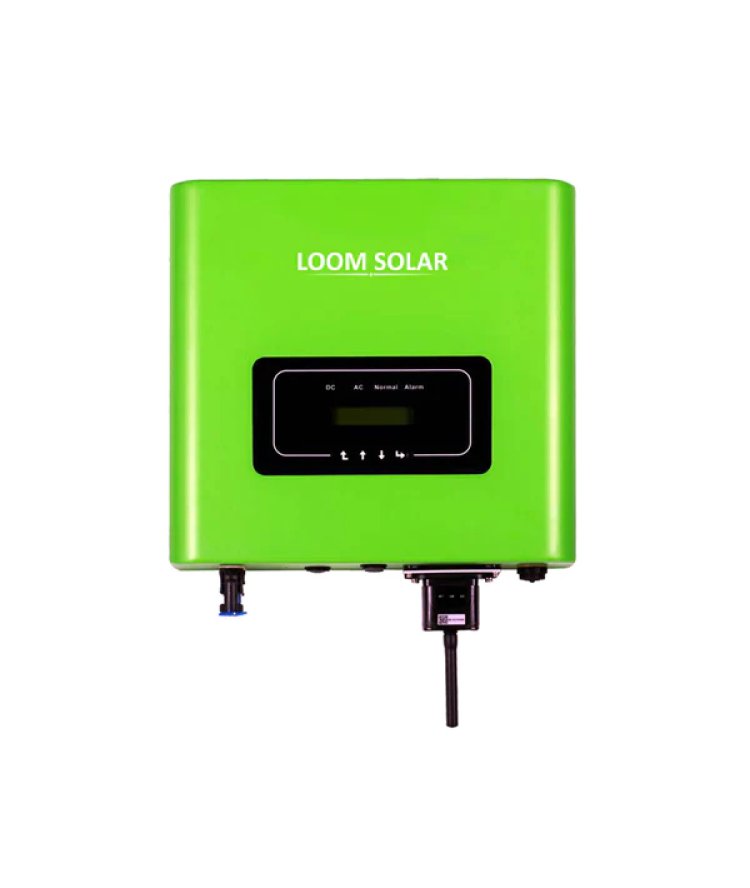How To Choose The Best Solar Inverter For Your Home?
Solar inverters convert DC electricity into AC electricity which is used to power the household appliances at your home...
Share this Post to earn Money ( Upto ₹100 per 1000 Views )

To choose the best solar inverter for your home depends upon the solar panel you have installed. Due to excessive power cuts people do not have anything as backup, here solar inverters help them. An inverter transforms electrical energy into an alternating current, suitable for powering household devices. It stores the electricity for future use. The solar inverters are responsible for converting DC into AC electricity and can be used to run household appliances. Here we will discuss how to choose the best solar inverter for your home.
What Are Solar Inverters And Their Benefits?
Solar inverters are the most important element in the solar system. Solar inverters convert DC electricity into AC electricity which is used to power the household appliances at your home. These are great ways to save electricity bills. DC electricity maintains a constant flow of current and voltage in a single direction, whereas AC electricity flows the current throughout the circuit, by shifting it between negative and positive directions.
The main benefits of solar inverters, they have high energy efficiency, and potentially generate electricity. Solar inverters also enhance system reliability. Moreover, they contribute to the environment by reducing carbon emissions dependence on fossil fuels, and long-term cost savings.
What Are The Types Of Solar Inverters?
Solar inverters depend on the specific solar energy you have installed, and their performance is influenced by the solar panel or solar energy storage that is measured in kilowatts (kW). In addition, there are three main types of solar inverters:
- On-grid inverters: These inverters depend on the electric grids but do not require battery backup. They are known for their cost-effectiveness and high use.
- Off-grid inverters: Off-grid inverters have batteries but do not depend on the electric grid. These inverters function independently, drawing power from the solar energy system and stored batteries.
- Hybrid inverters: Hybrid inverters are a combination of both battery storage and a connection to the electric grid. Hybrid inverters are versatile and can optimize power usage by intelligently managing the sources based on availability and demand.
Conclusion:
Choosing the best solar inverter for your home can trick you. To reduce this, an installer can take care of this on your behalf. You just need to follow the guidelines. First, understand your solar system size and energy goals. Prioritize its efficiency, consider its ratings, and review warranty and brand reliability. Think about monitoring capabilities, budget constraints, and compatibility. Don’t overlook the inverter’s size and installation requirements. Seek advice from a solar inverter manufacturer in India and stay informed about the latest rules and regulations that may impact your choice.







